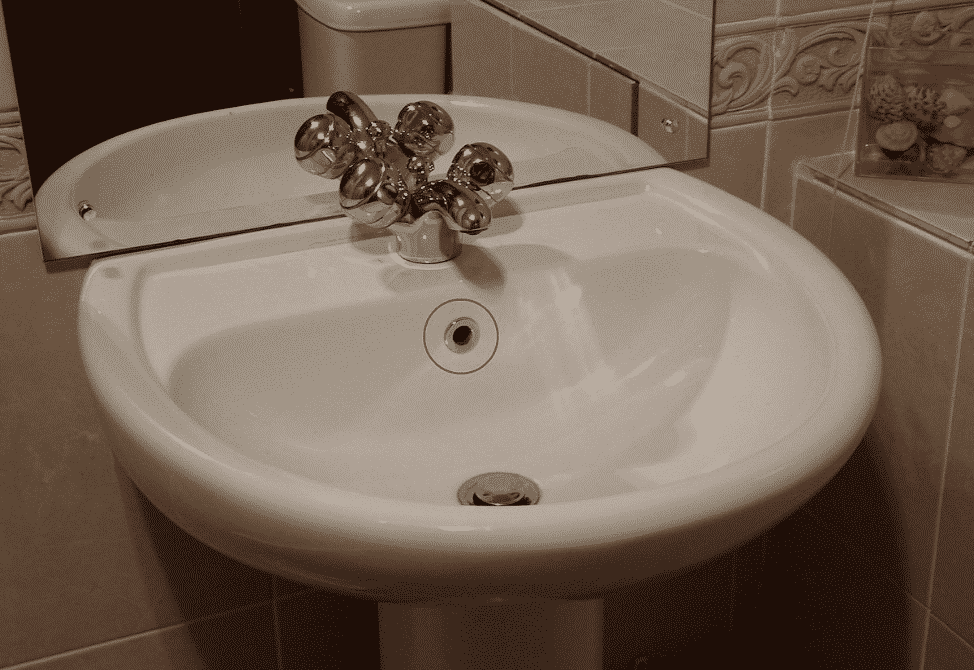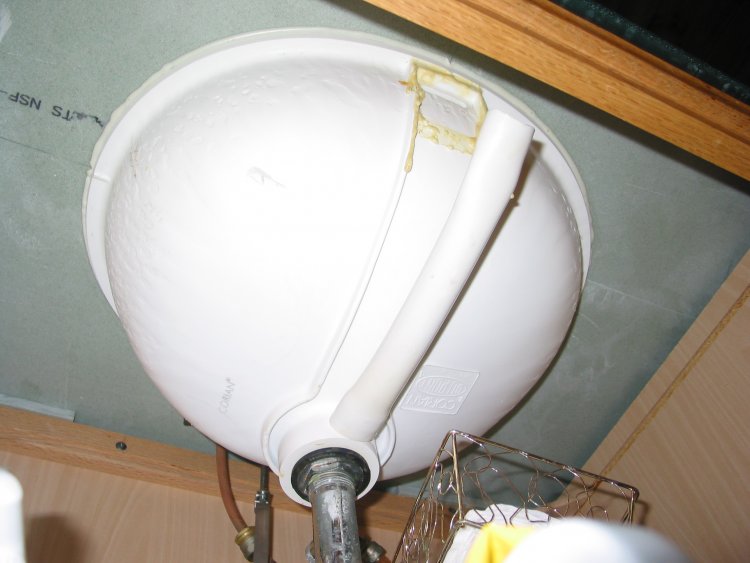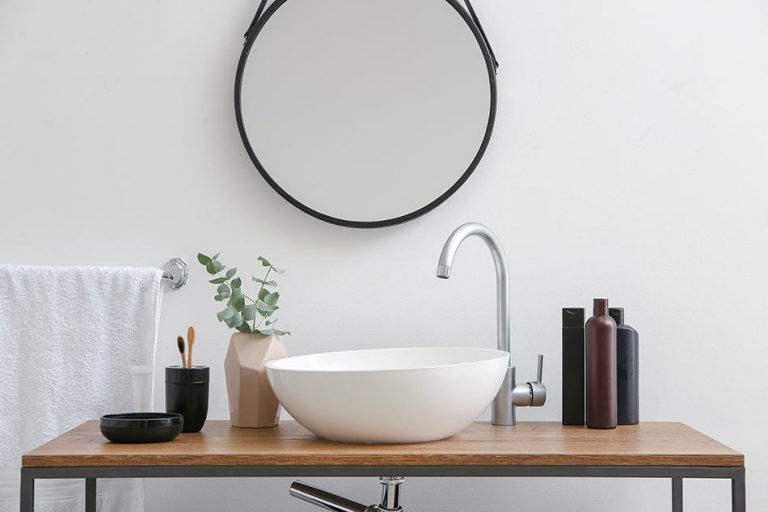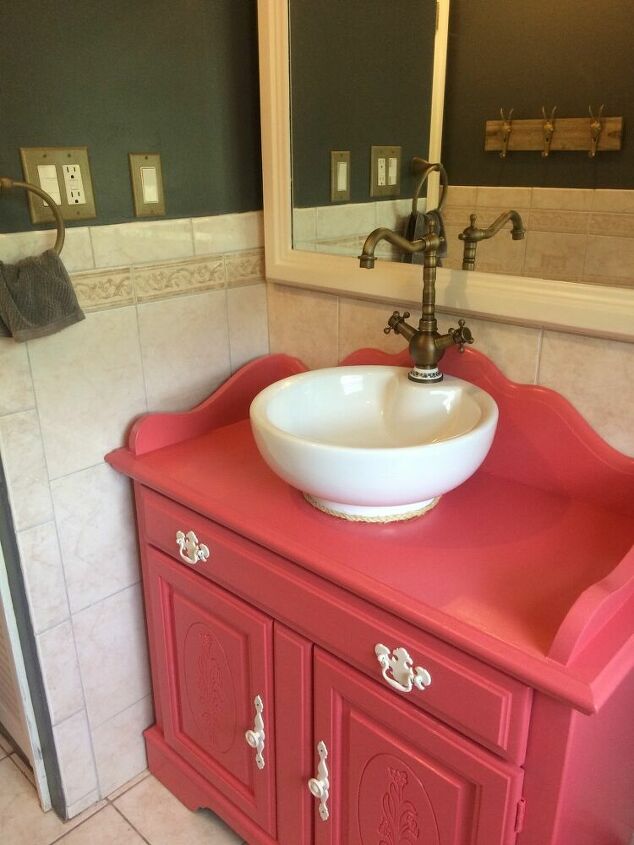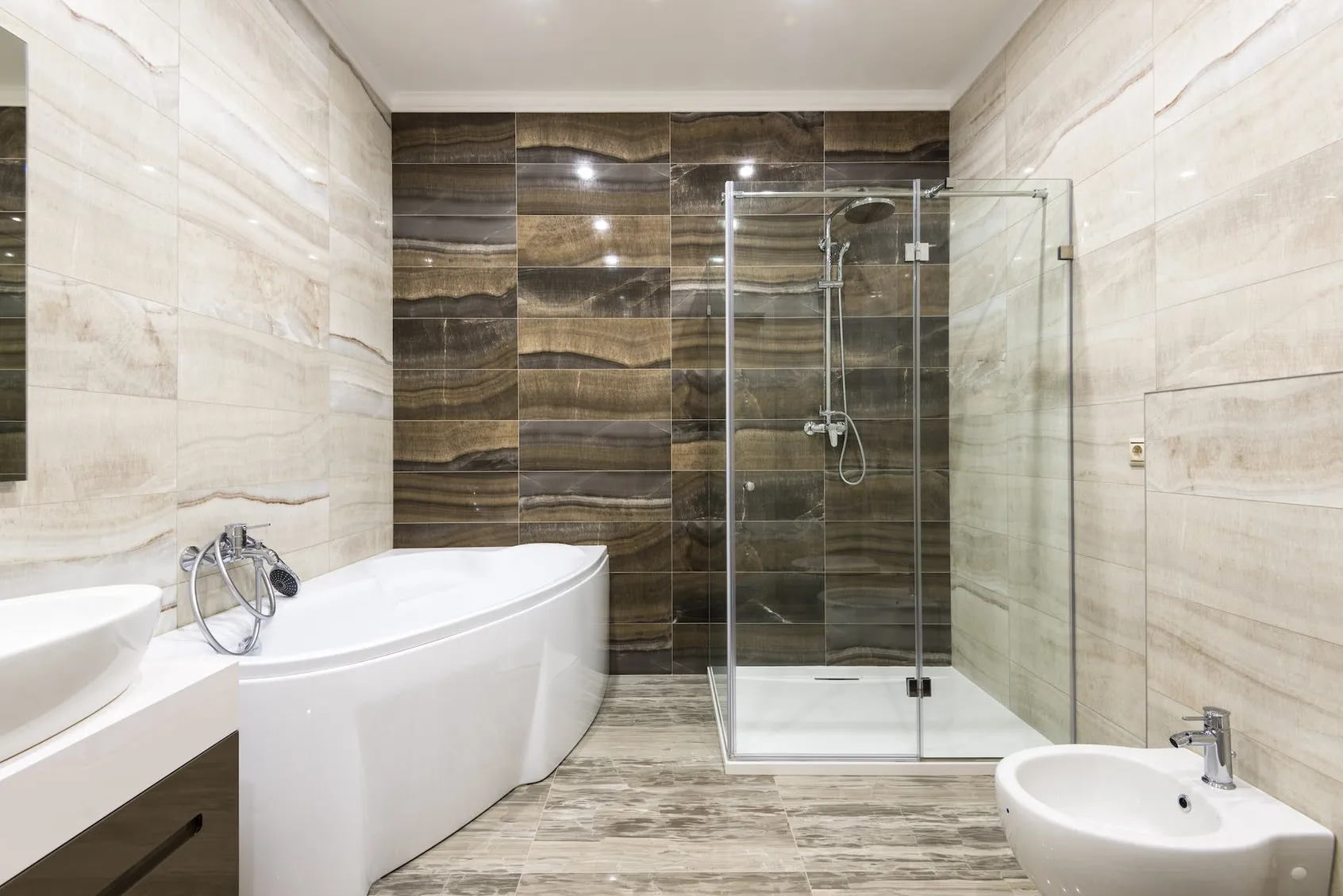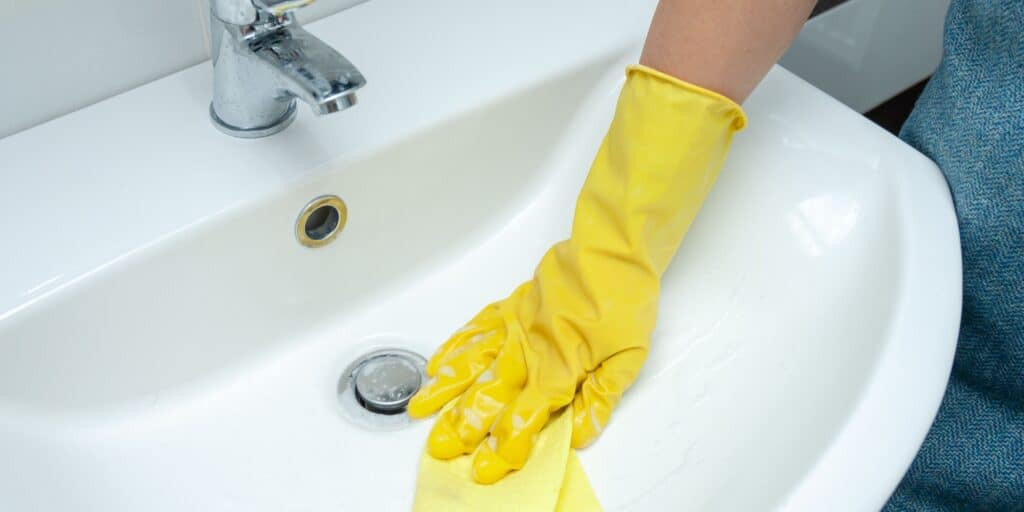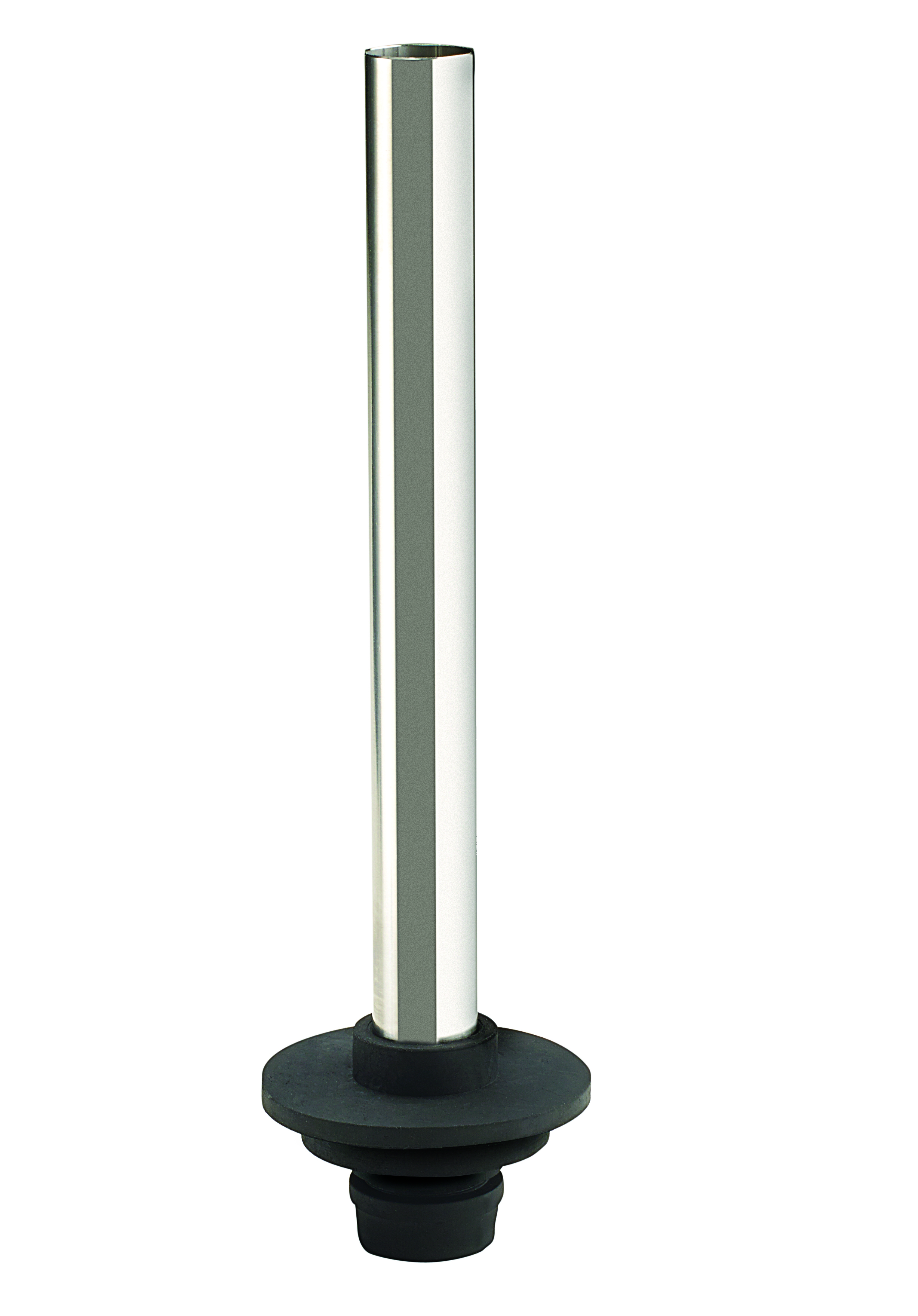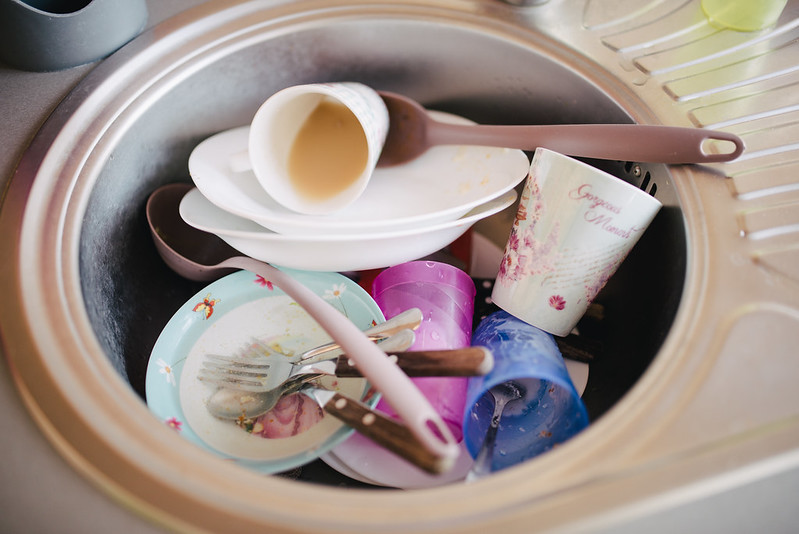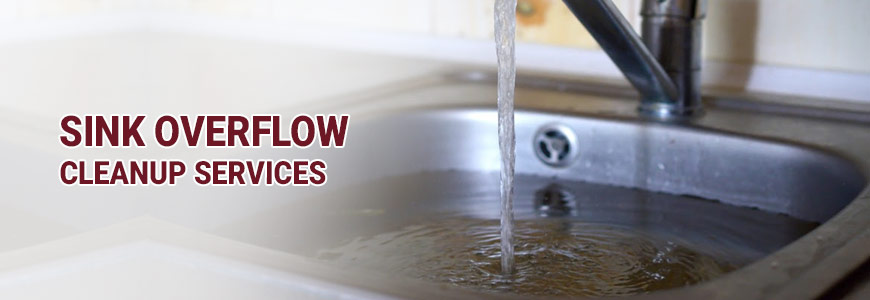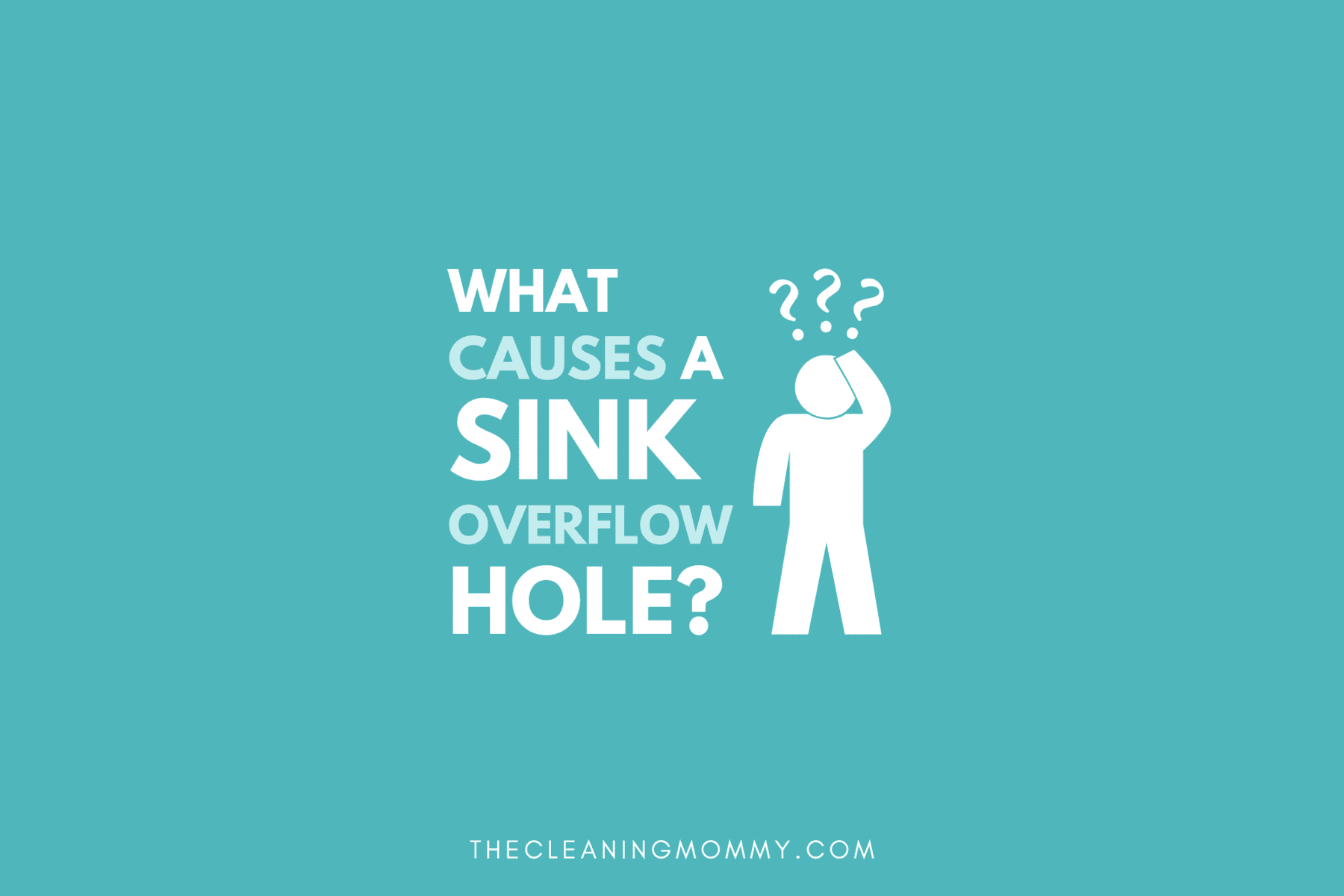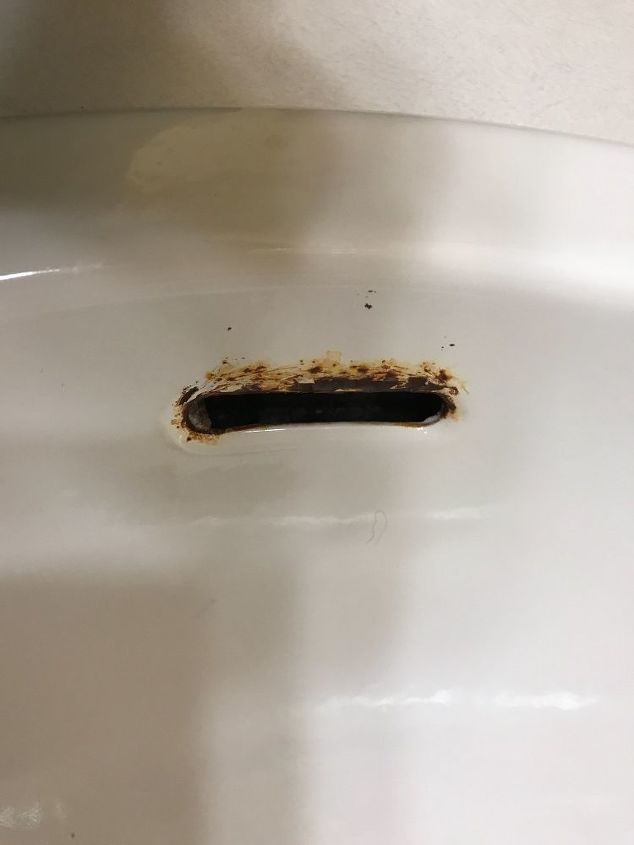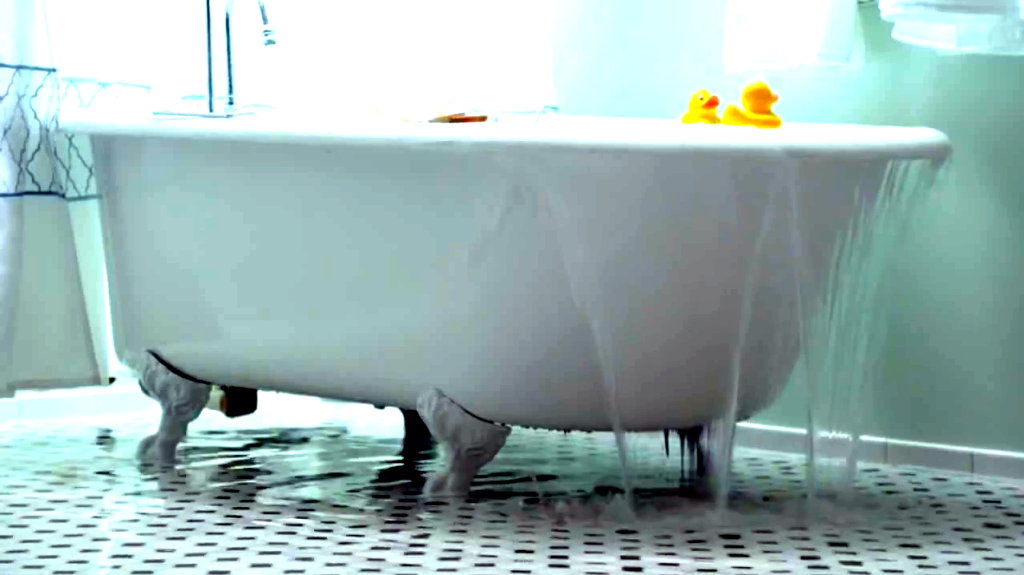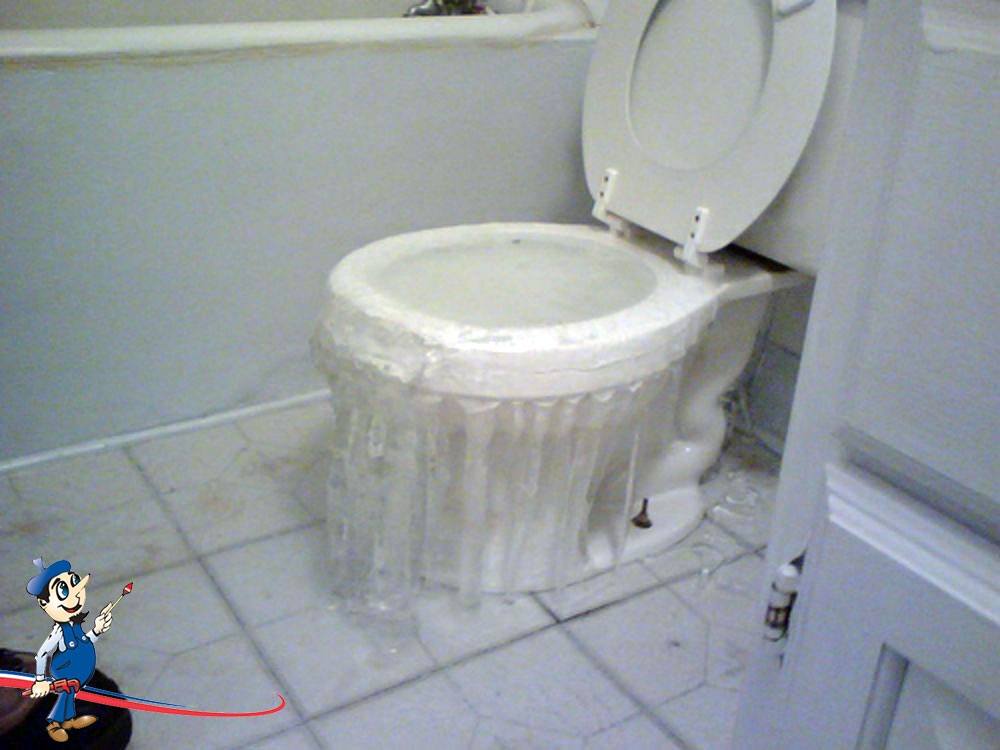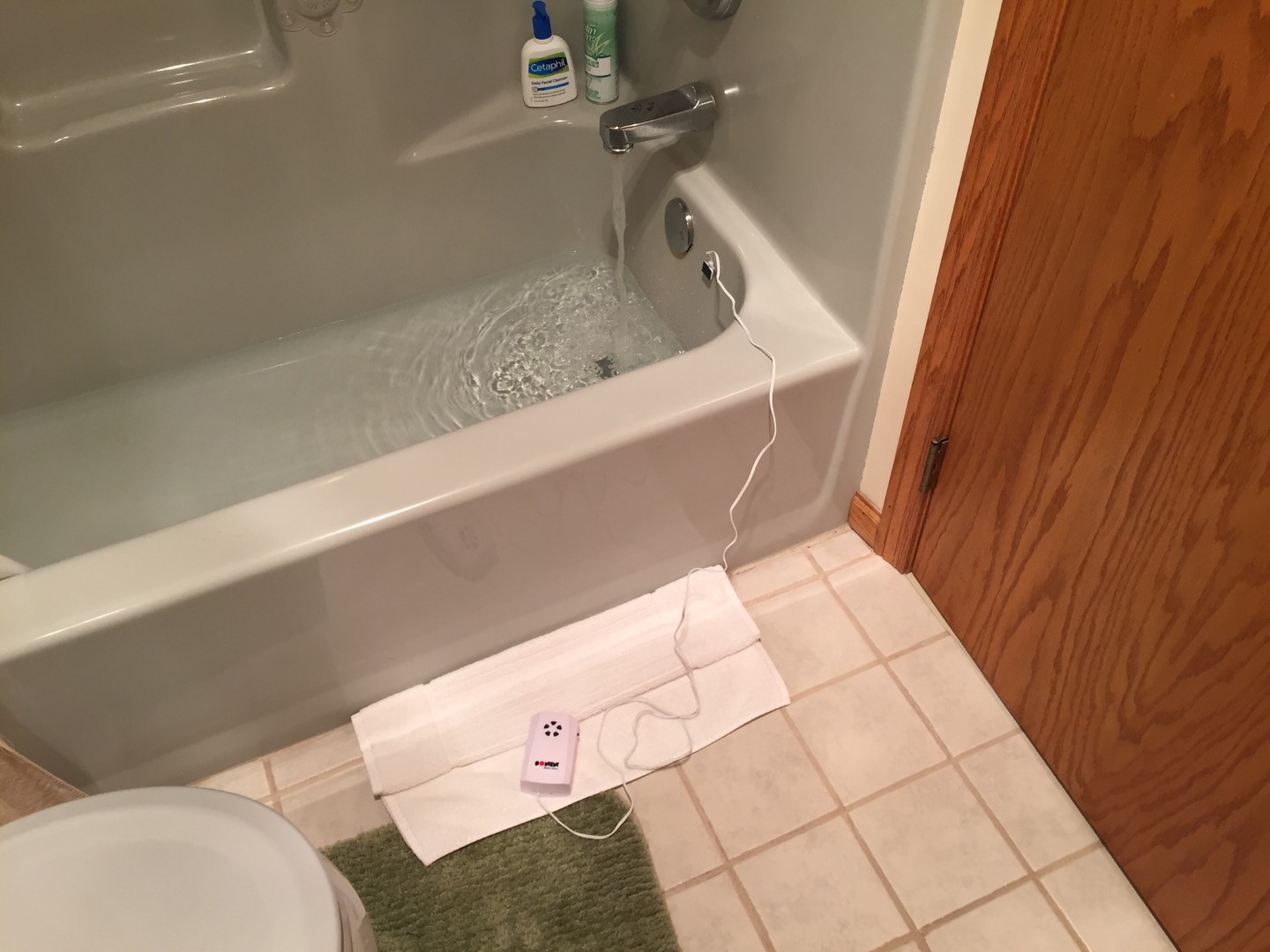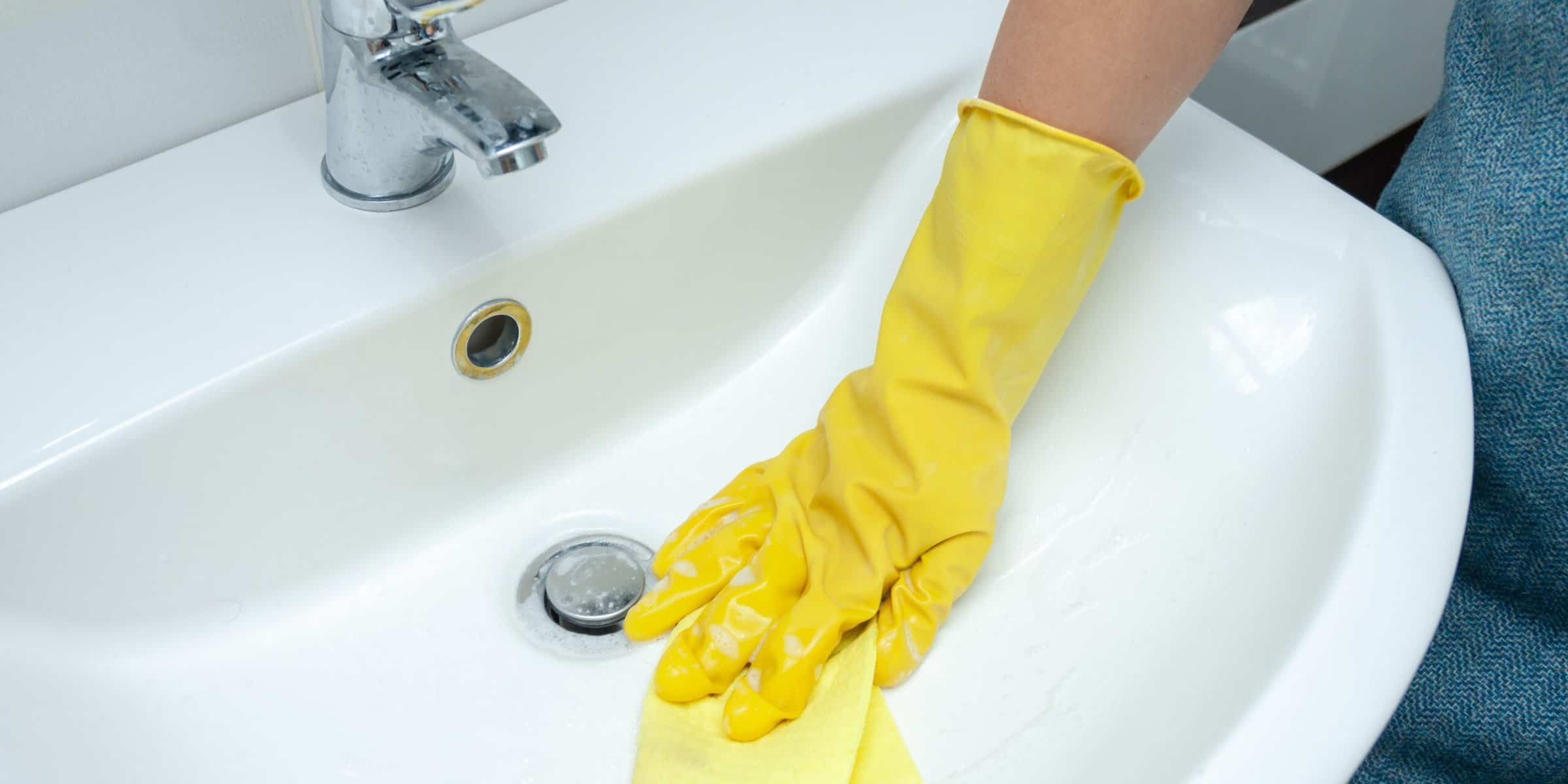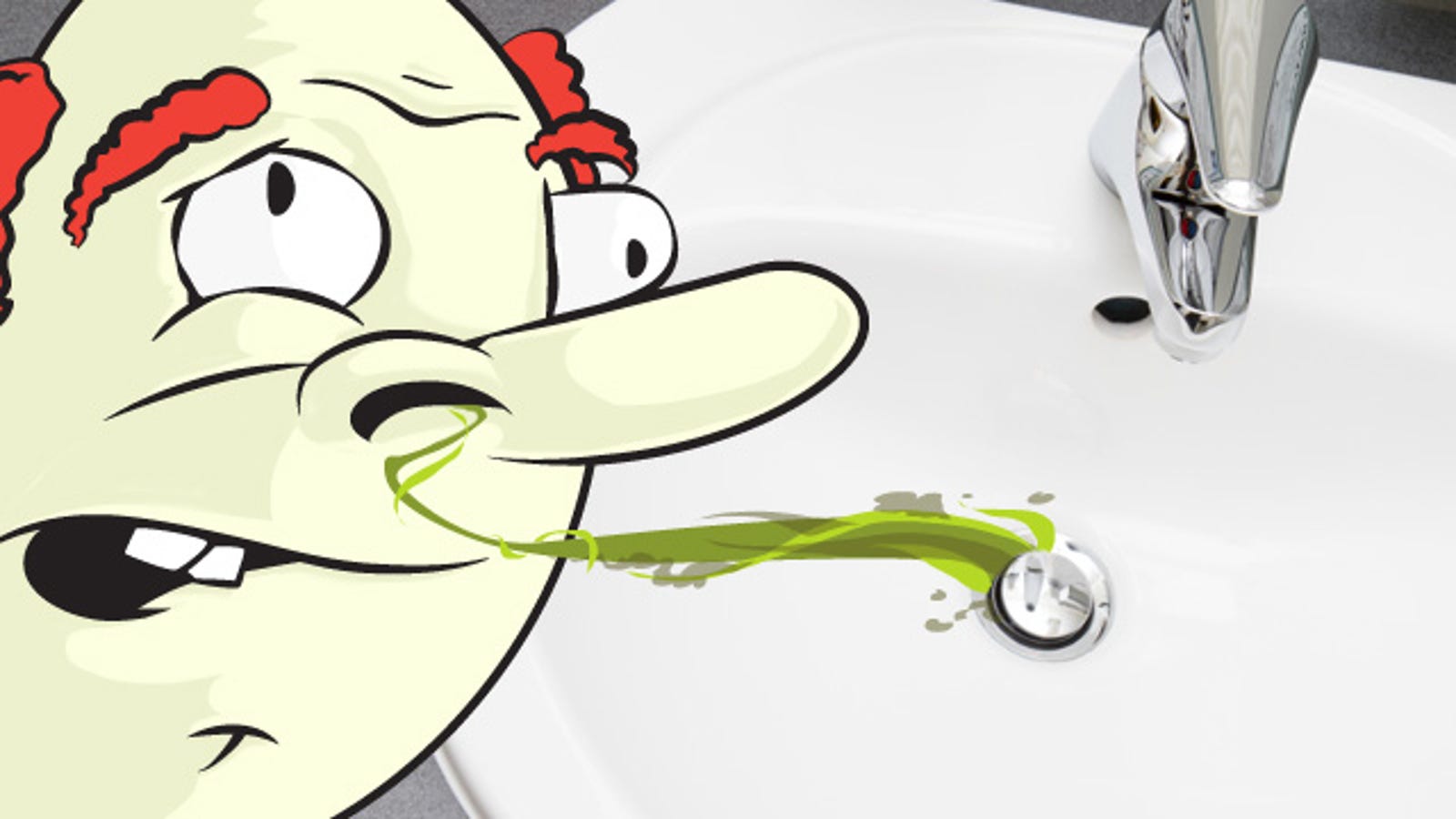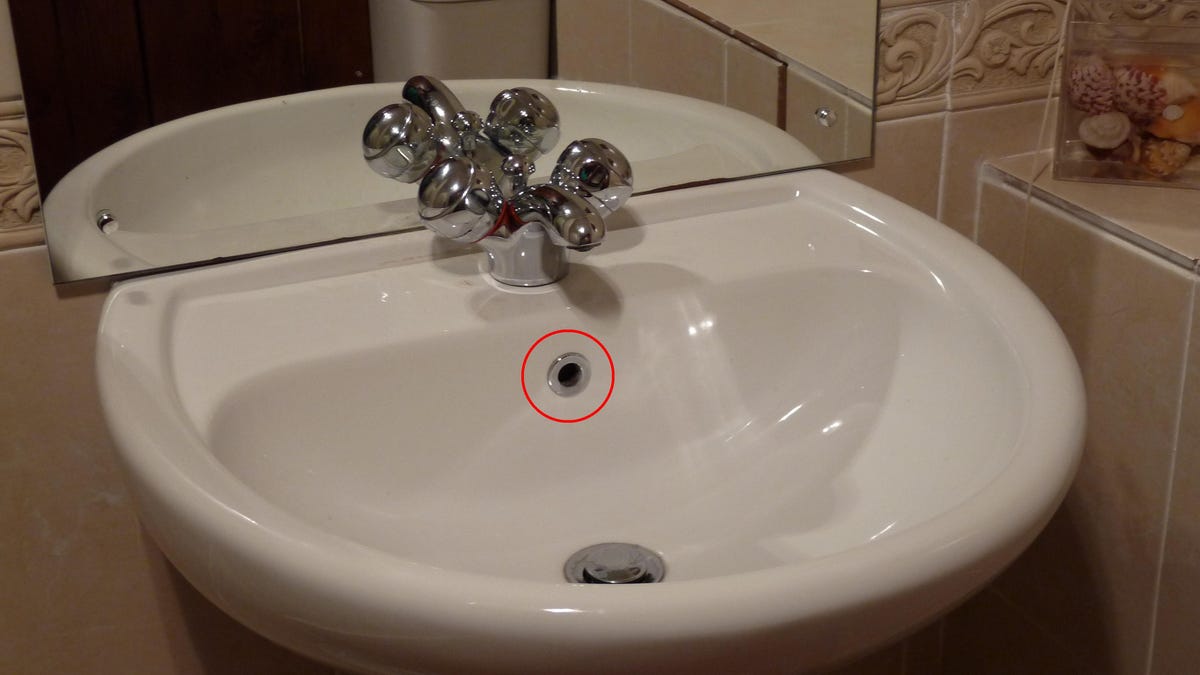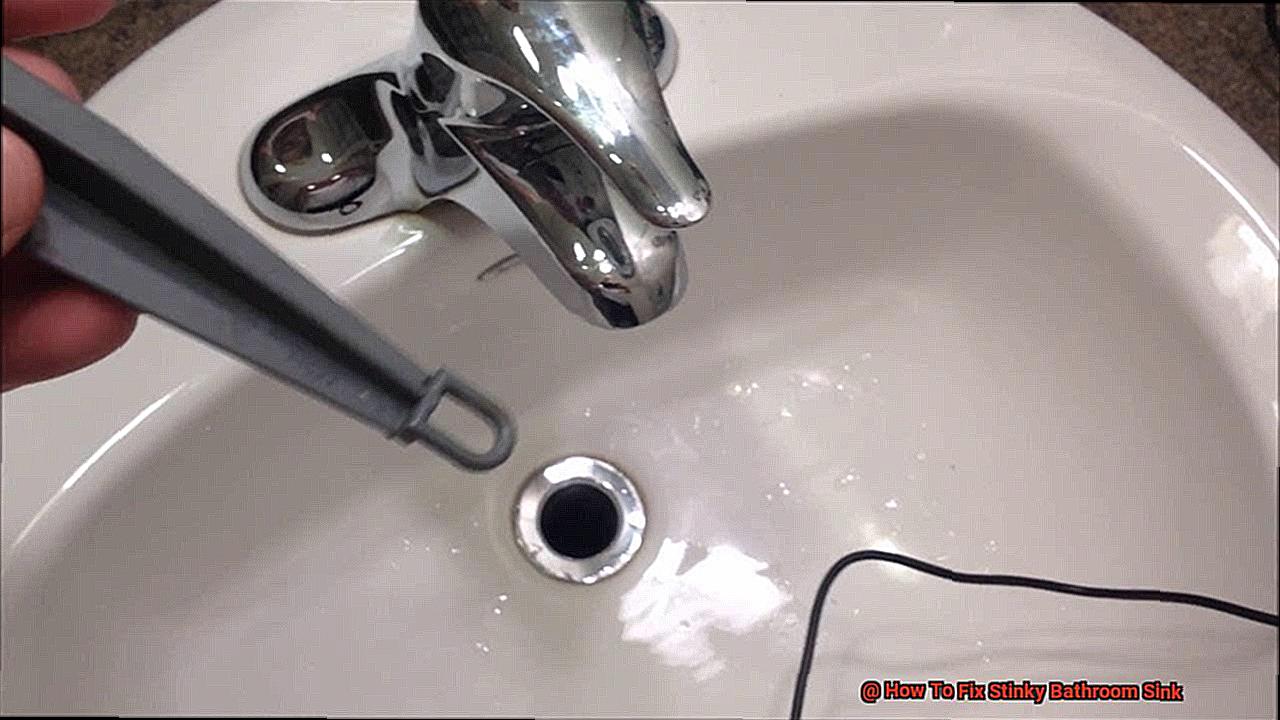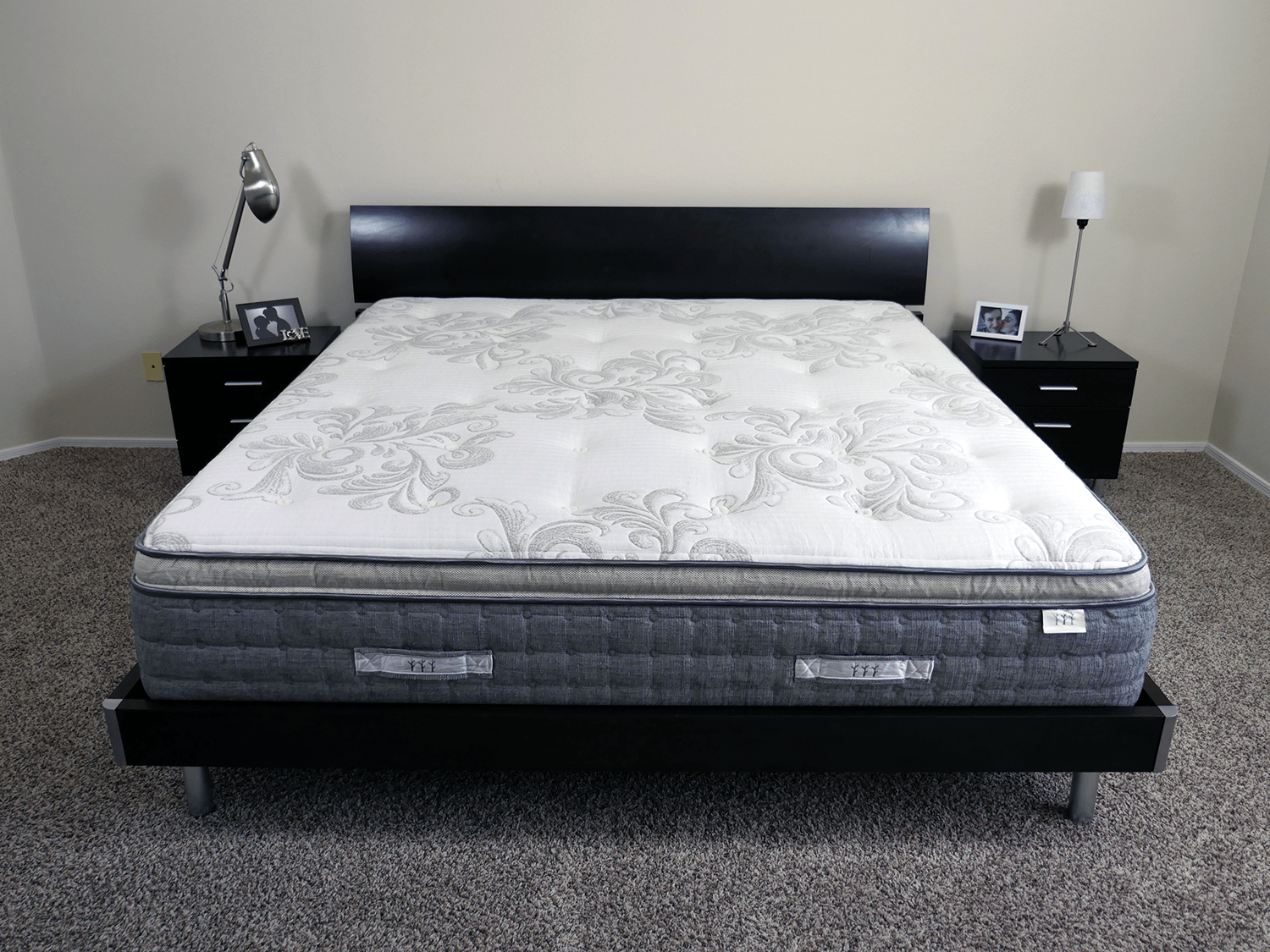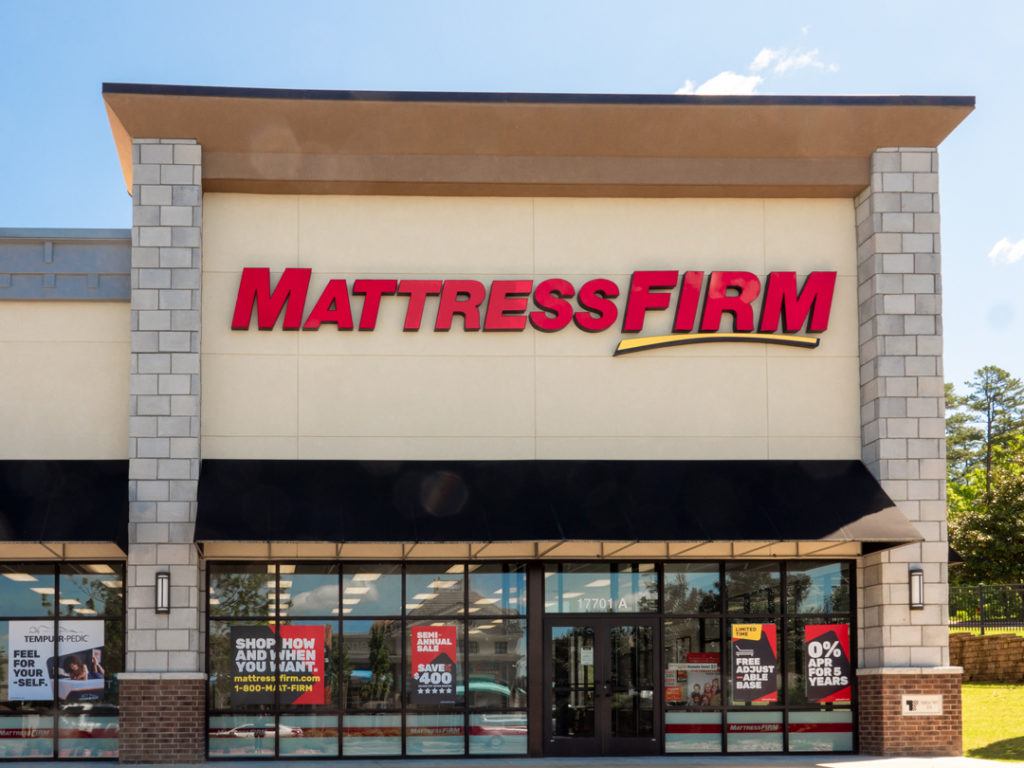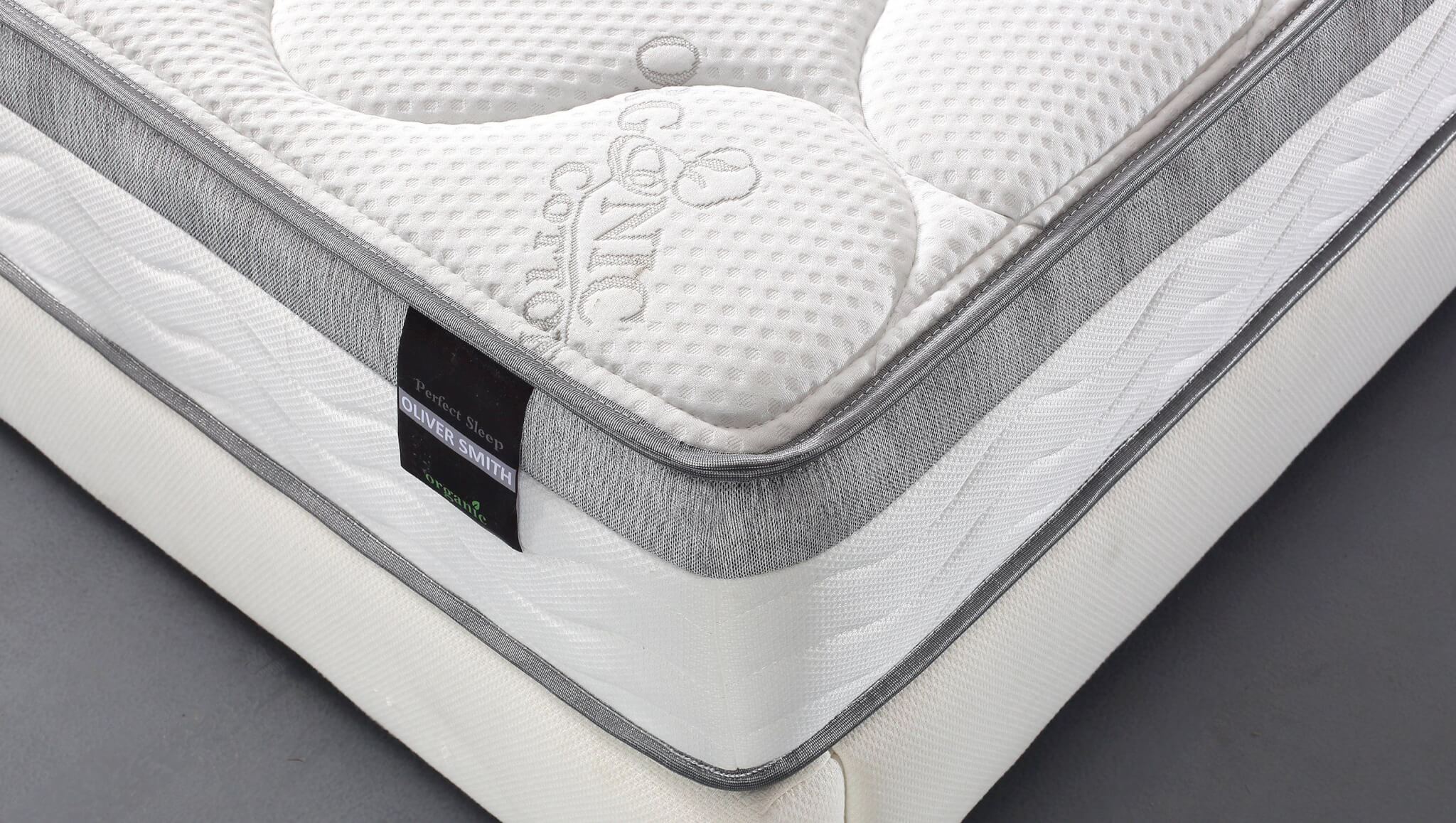Overflowing sinks are a common problem in many households, but they can be especially troublesome when it comes to bathroom sinks. Not only can the overflow lead to water damage and mold growth, but it can also cause a foul odor that permeates your entire bathroom. If you're dealing with a stinky bathroom sink overflow, don't fret – we've got the top 10 reasons why this may be happening and how you can fix it.The Dreaded Overflow: Why Your Bathroom Sink Stinks
The first step in solving the problem of a stinky bathroom sink is to understand what is causing it. The sink overflow is a small opening located at the top of your sink, just below the faucet. Its purpose is to prevent water from spilling over the edge of the sink if the faucet is left running. However, this small opening can also become a breeding ground for bacteria and mold if not cleaned regularly.The Culprit: Sink Overflow
Reasons Why Your Bathroom Sink Overflow Stinks
One of the main reasons for a stinky bathroom sink overflow is the accumulation of hair and debris. Over time, these items can build up in the overflow and become a breeding ground for bacteria. This can lead to a foul odor emanating from your sink.1. Accumulation of Hair and Debris
Another common cause of a stinky bathroom sink overflow is mold growth. If the overflow is not cleaned regularly, it can become a damp and dark environment perfect for mold to thrive. Not only can this cause an unpleasant smell, but it can also be harmful to your health.2. Mold Growth
Bacteria love warm and moist environments, making your bathroom sink overflow the perfect spot for them to grow. If you don't clean your sink regularly, bacteria can accumulate in the overflow and cause a foul smell.3. Bacteria Buildup
A clogged drain can also contribute to a stinky bathroom sink overflow. When your drain is clogged, water and debris can get trapped in the overflow, creating a stagnant and smelly environment.4. Clogged Drain
If you have hard water in your home, you may notice a buildup of mineral deposits in your sink overflow. These deposits can trap bacteria and cause a foul odor. Regular cleaning can prevent this from happening.5. Hard Water Deposits
Inadequate ventilation in your bathroom can also contribute to a stinky sink overflow. Without proper air circulation, moisture can get trapped in the overflow and lead to mold and bacteria growth.6. Improper Ventilation
If your home has old plumbing, it may be more prone to leaks and cracks. This can lead to water seeping into the walls and causing mold growth, which can then cause a foul odor in your bathroom.7. Old Plumbing
How to Design a Functional and Inviting Bathroom Space
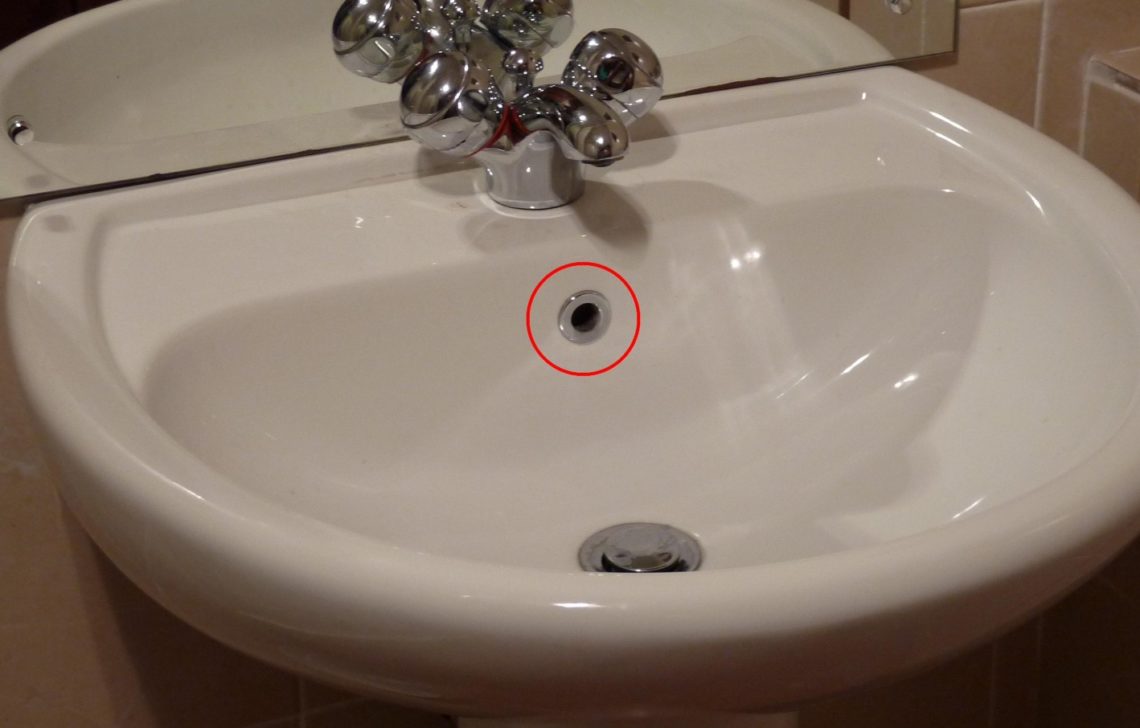
The Importance of a Well-Designed Bathroom
/close-up-of-overflowing-bathroom-sink-90201417-579787783df78ceb865822d8.jpg) When it comes to designing a house, the bathroom is often overlooked or considered as an afterthought. However, a well-designed bathroom can greatly improve the overall functionality and appeal of a home. From the layout to the materials used, every aspect of a bathroom contributes to its overall design. One of the key elements that can make or break a bathroom design is the sink and its overflow system.
Bathroom sink overflows
are not just a nuisance, but they can also cause unpleasant odors in the bathroom. When the sink overflows, the excess water and debris can get trapped in the overflow pipe, leading to a buildup of bacteria and mold. This can result in a foul smell that can quickly spread throughout the bathroom, making it an unpleasant and unhygienic space.
So why do bathroom sink overflows stink?
The answer lies in the design of the overflow system. Most sink overflows are designed with a small hole that allows excess water to drain into the main drainpipe. However, this small hole is often not enough to effectively drain all the water, leading to standing water and debris buildup. This stagnant water then becomes a breeding ground for bacteria and mold, causing the unpleasant smell.
When it comes to designing a house, the bathroom is often overlooked or considered as an afterthought. However, a well-designed bathroom can greatly improve the overall functionality and appeal of a home. From the layout to the materials used, every aspect of a bathroom contributes to its overall design. One of the key elements that can make or break a bathroom design is the sink and its overflow system.
Bathroom sink overflows
are not just a nuisance, but they can also cause unpleasant odors in the bathroom. When the sink overflows, the excess water and debris can get trapped in the overflow pipe, leading to a buildup of bacteria and mold. This can result in a foul smell that can quickly spread throughout the bathroom, making it an unpleasant and unhygienic space.
So why do bathroom sink overflows stink?
The answer lies in the design of the overflow system. Most sink overflows are designed with a small hole that allows excess water to drain into the main drainpipe. However, this small hole is often not enough to effectively drain all the water, leading to standing water and debris buildup. This stagnant water then becomes a breeding ground for bacteria and mold, causing the unpleasant smell.
Designing an Efficient Overflow System
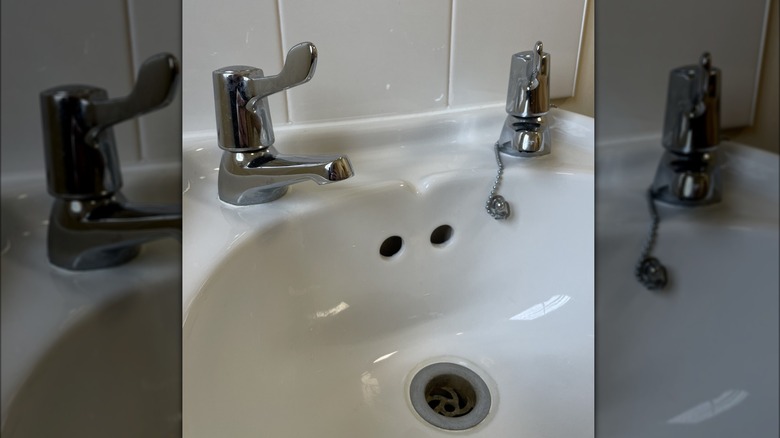 To avoid the stench of a bathroom sink overflow, it is important to design an efficient and functional overflow system. One solution is to install a larger overflow drain, which can effectively drain excess water and prevent clogs. Another option is to install an overflow cover, which can be easily removed for cleaning and maintenance.
Additionally, choosing the right materials for your sink and overflow system is crucial.
Non-porous materials like porcelain and glass are less prone to bacteria and mold buildup, making them easier to clean and maintain. You can also opt for sinks with built-in overflow systems that have larger drain holes and easier access for cleaning.
To avoid the stench of a bathroom sink overflow, it is important to design an efficient and functional overflow system. One solution is to install a larger overflow drain, which can effectively drain excess water and prevent clogs. Another option is to install an overflow cover, which can be easily removed for cleaning and maintenance.
Additionally, choosing the right materials for your sink and overflow system is crucial.
Non-porous materials like porcelain and glass are less prone to bacteria and mold buildup, making them easier to clean and maintain. You can also opt for sinks with built-in overflow systems that have larger drain holes and easier access for cleaning.
Final Thoughts
 In conclusion, a well-designed bathroom is not just about aesthetics, but also functionality and hygiene. Ensuring an efficient and properly designed overflow system for your bathroom sink is crucial in maintaining a clean and pleasant bathroom space. By choosing the right materials and implementing smart design choices, you can say goodbye to the stench of a bathroom sink overflow.
In conclusion, a well-designed bathroom is not just about aesthetics, but also functionality and hygiene. Ensuring an efficient and properly designed overflow system for your bathroom sink is crucial in maintaining a clean and pleasant bathroom space. By choosing the right materials and implementing smart design choices, you can say goodbye to the stench of a bathroom sink overflow.








.png)



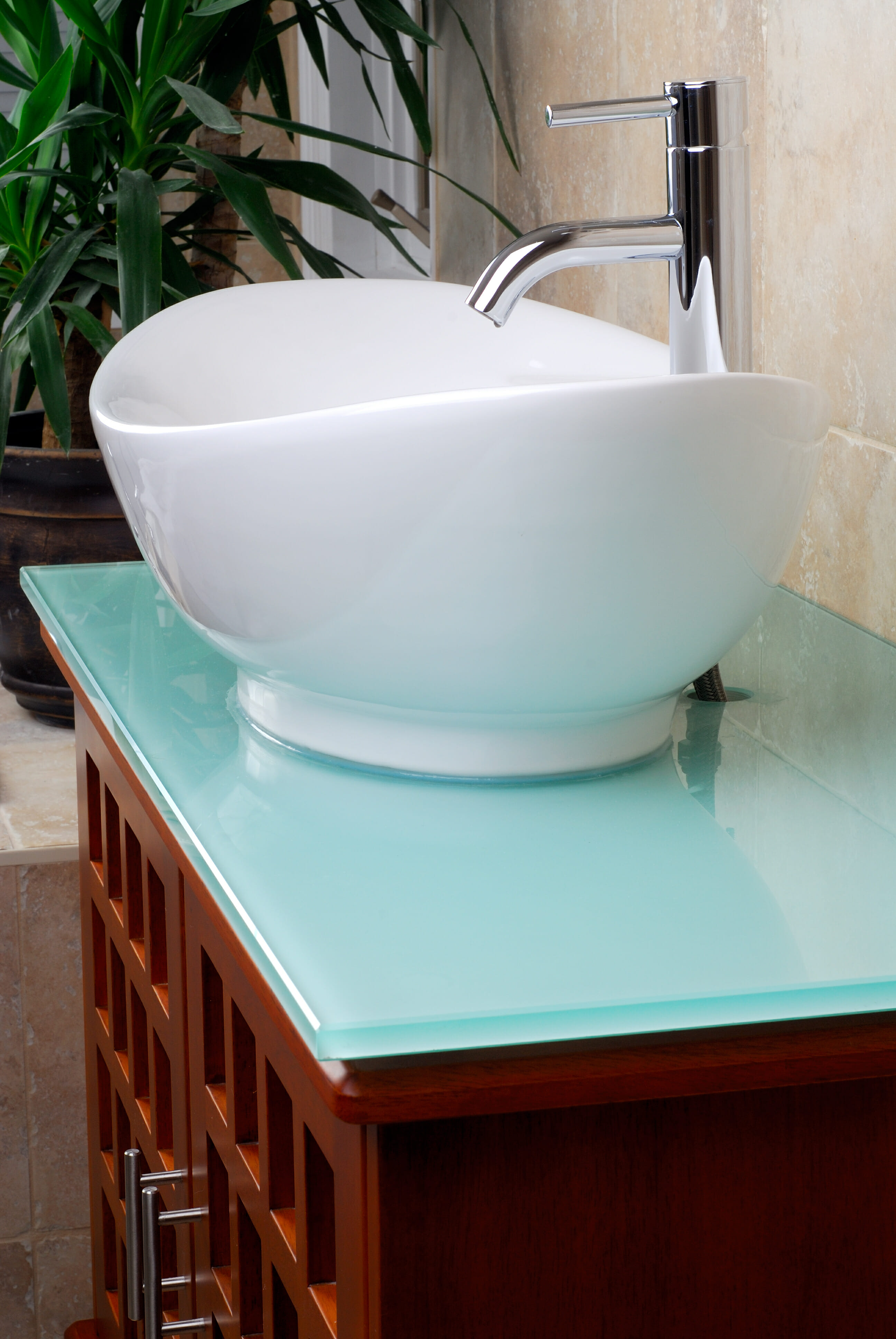
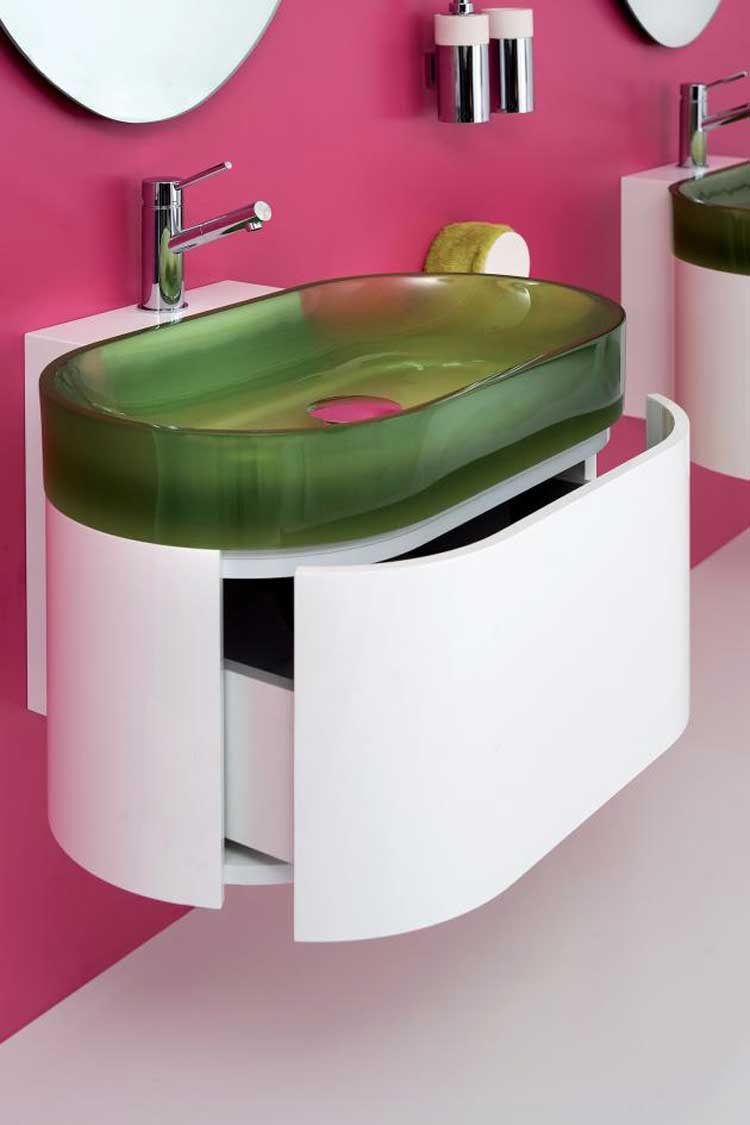
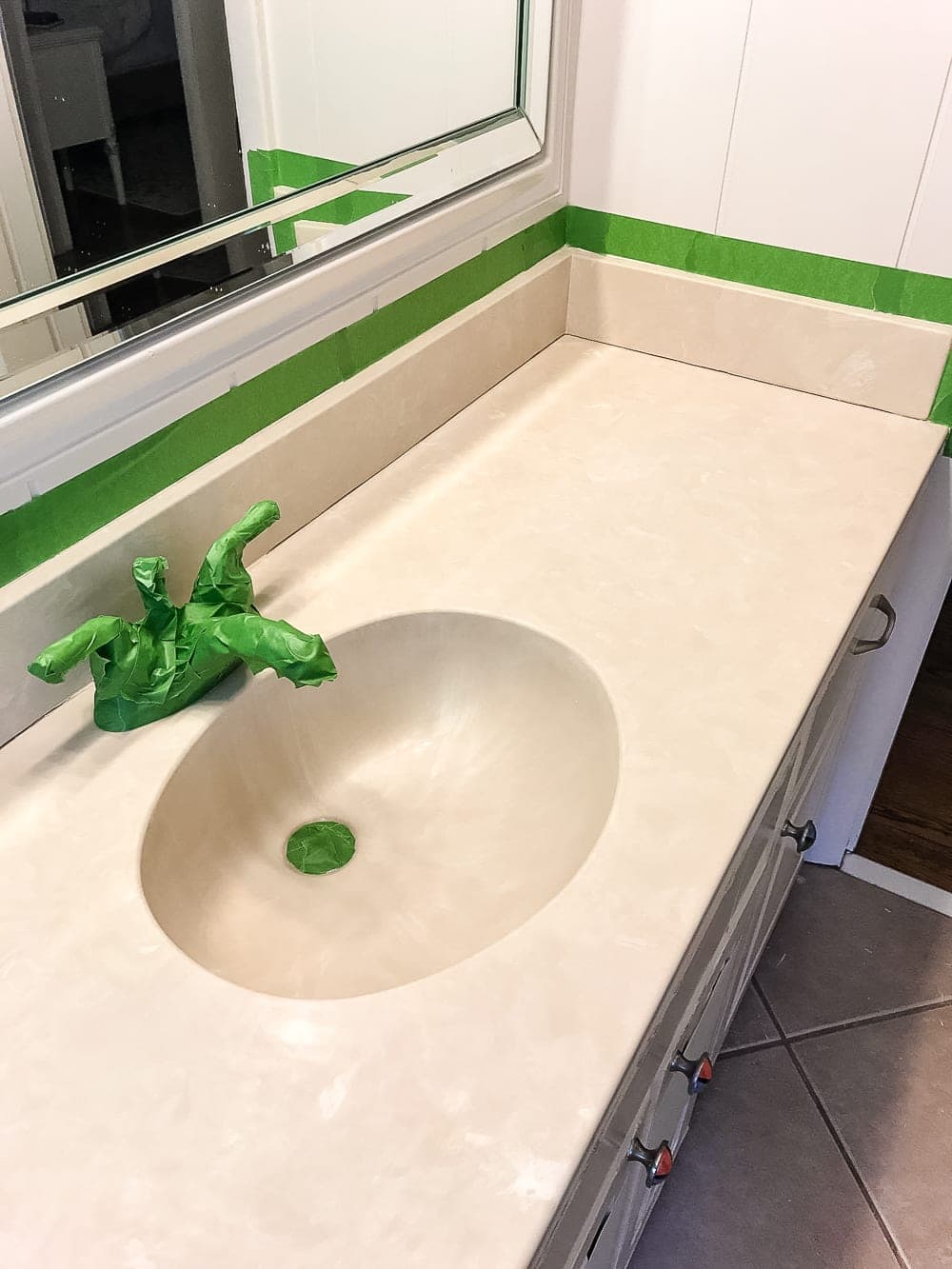

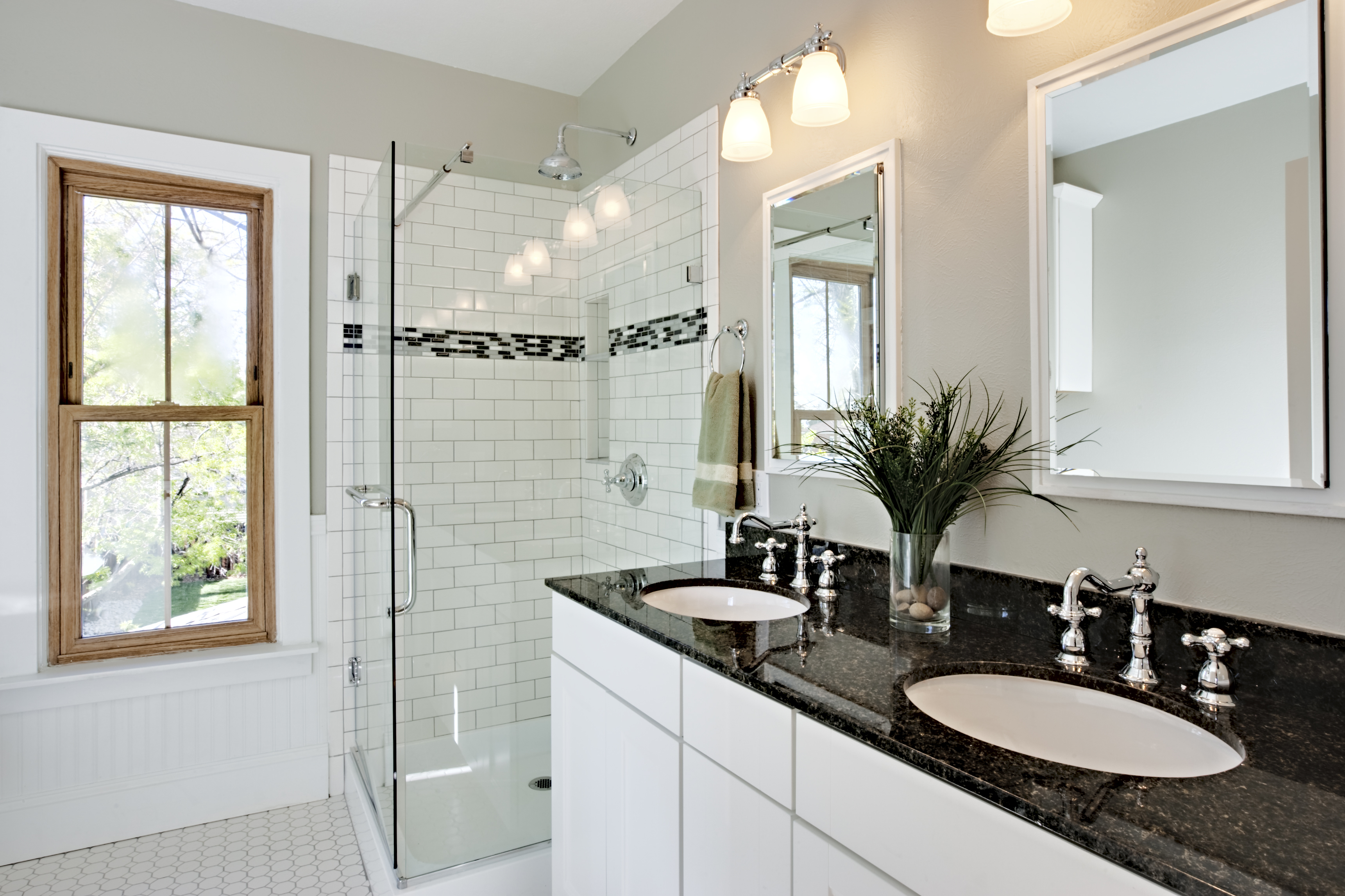


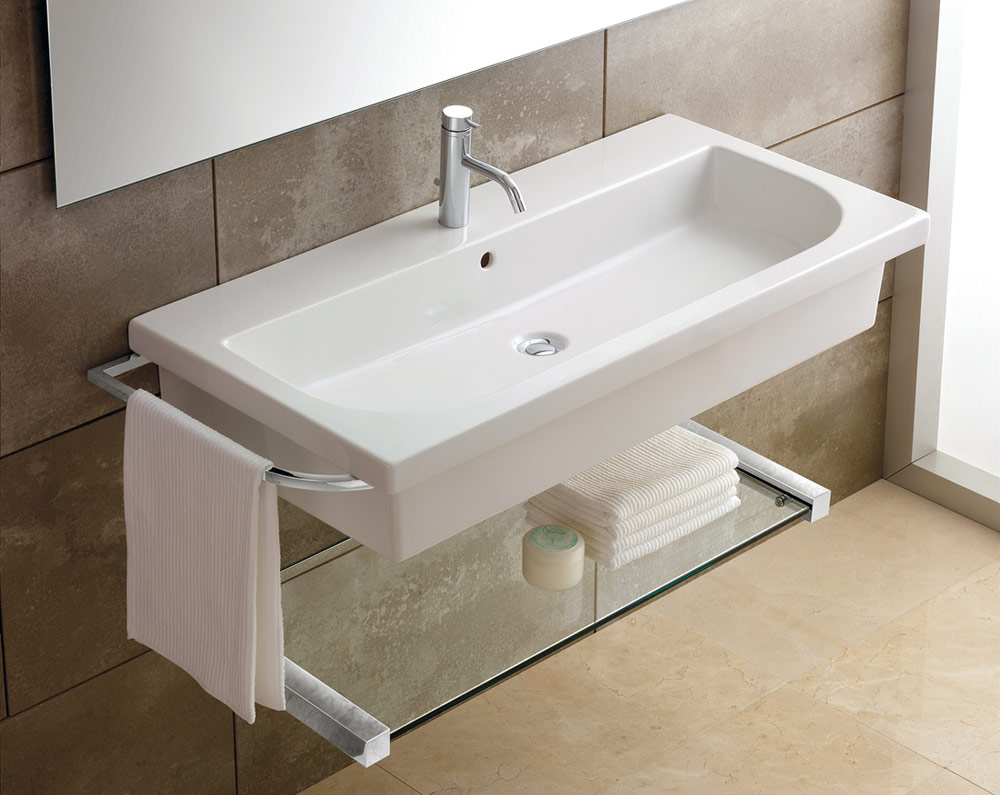



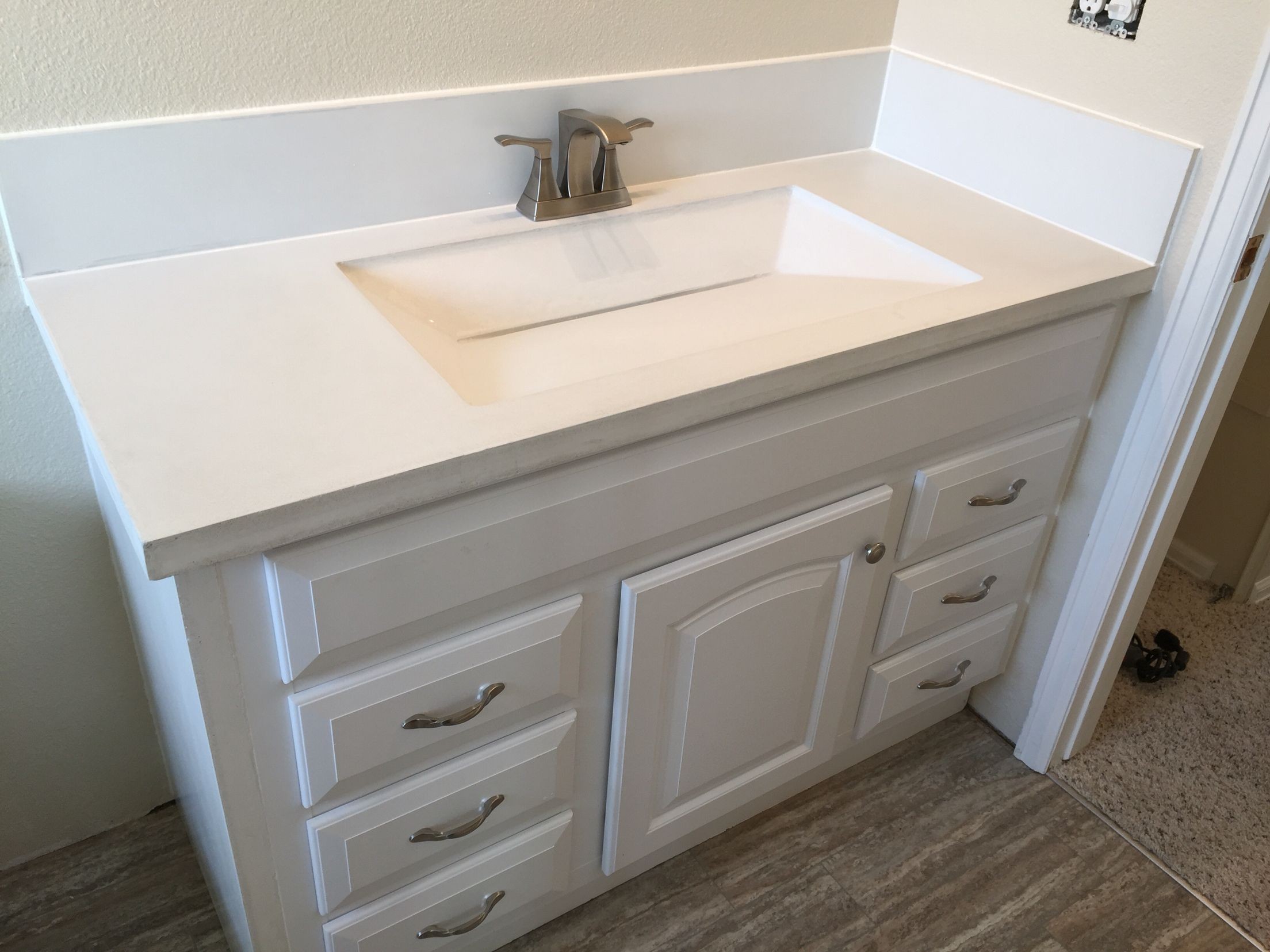
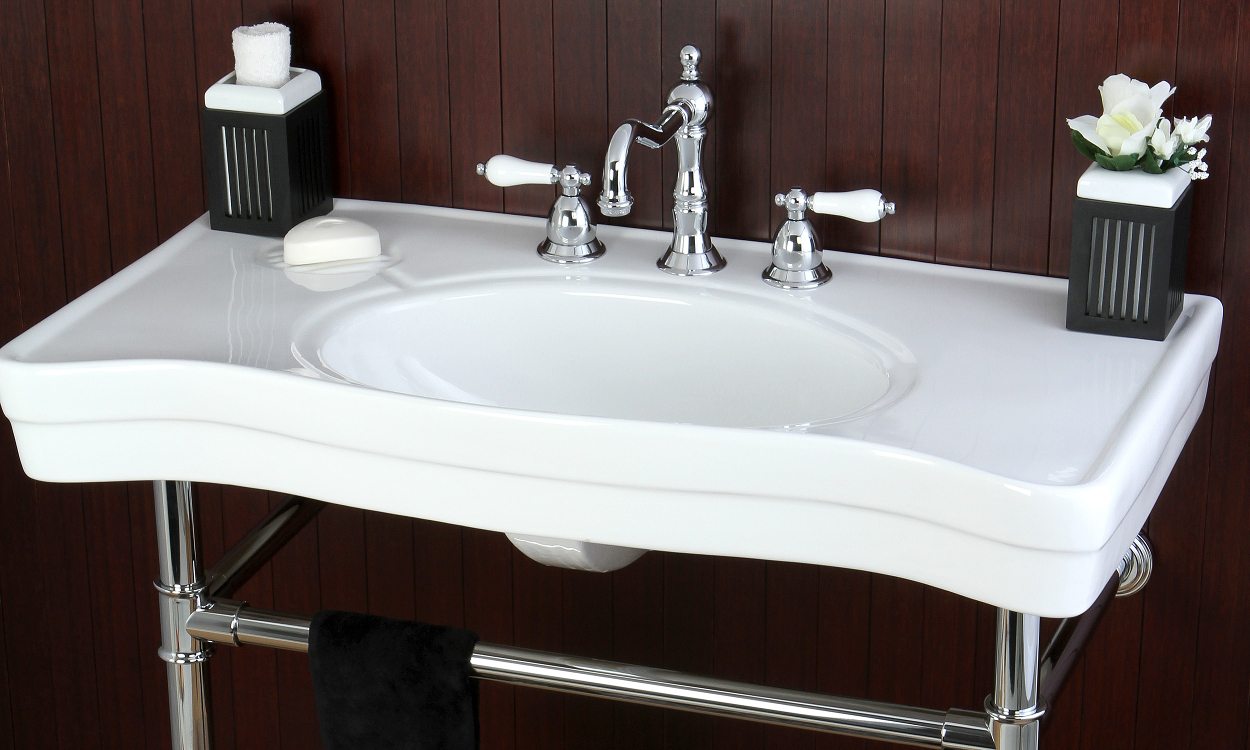

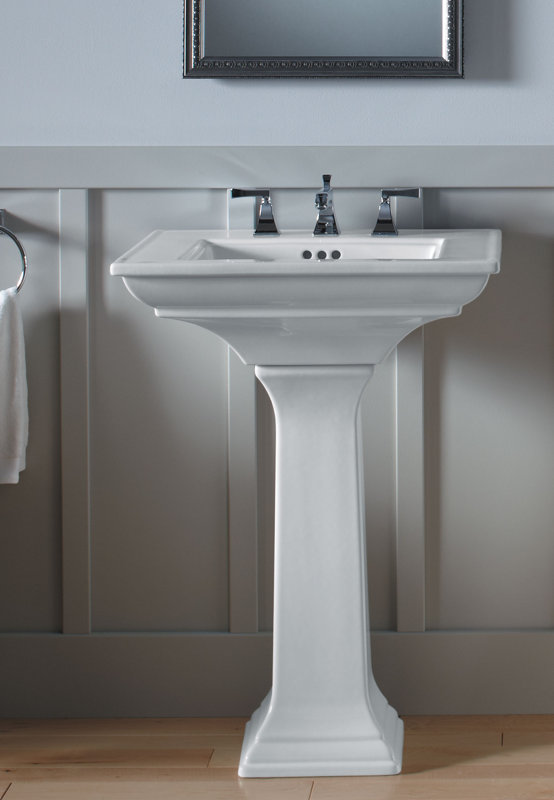

/close-up-of-overflowing-bathroom-sink-90201417-579787783df78ceb865822d8.jpg)
:max_bytes(150000):strip_icc()/water-overflowing-in-kitchen-sink-200553937-001-5797e6335f9b58461f5a6736.jpg)
